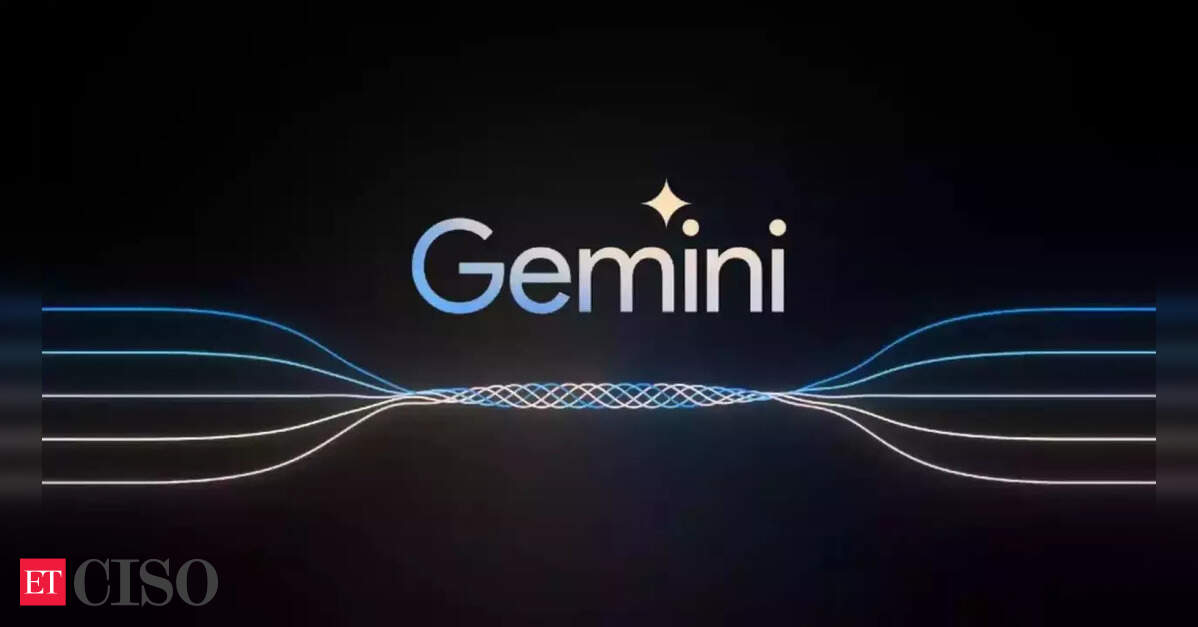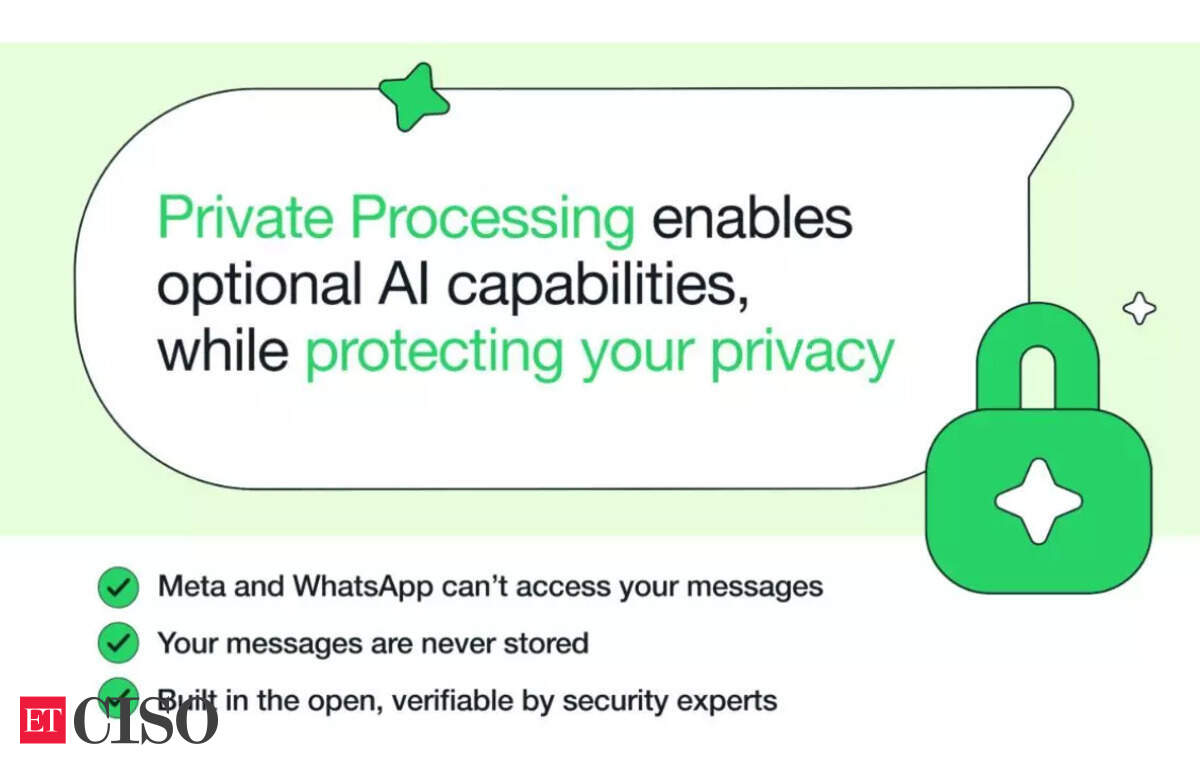AI Chatbot Warnings, Debates, and Gemini Updates

Recent developments in the artificial intelligence landscape have brought critical issues of privacy, trustworthiness, and economic impact to the forefront, alongside the escalating global competition in AI development and strategic partnerships. Users are being warned to exercise caution when interacting with AI systems, as confidentiality may not be guaranteed, and the capabilities of these advanced models are still being debated.
Google has issued a significant warning regarding its Gemini AI assistant, advising users against sharing confidential information due to the potential for human review of conversations for up to three years. This privacy concern is poised to intensify as Google expands Gemini’s access to Android users’ phones, messages, and applications like WhatsApp and Utilities starting July 7, 2025. While Google clarifies that disabling 'Gemini Apps Activity' will prevent chat review and data usage for AI training, Gemini will still perform on-device tasks such as sending messages or making calls. This distinction, initially a source of confusion for users, underscores a broader principle that applies to all major AI chatbots, including ChatGPT and Grok: conversations should not be considered private, given the common industry practice of human review for quality control and security.
In a related vein, OpenAI CEO Sam Altman has expressed surprise at the high degree of trust users place in ChatGPT, despite its known propensity to "hallucinate" or fabricate information. Altman warned against blindly relying on AI-generated responses, highlighting that these tools are often designed to please rather than consistently deliver factual accuracy. He emphasized that AI hallucinations are not mere errors but can manifest as convincingly accurate yet entirely false explanations, posing a significant risk, especially when users lack deep knowledge of the topic. This candid admission from the creator of a leading AI platform serves as a vital reminder that while AI is a powerful assistant, it should not be treated as an infallible oracle, and a healthy level of skepticism is crucial.
The economic implications of AI, particularly concerning job displacement, continue to fuel intense debate among tech leaders. OpenAI’s Chief Operating Officer, Brad Lightcap, and CEO Sam Altman have voiced skepticism about predictions from figures like Anthropic CEO Dario Amodei, who anticipates AI eliminating 50% of entry-level white-collar jobs within five years. Lightcap stated that OpenAI has observed no evidence of such widespread job replacement in its work with various businesses. Altman suggested that historically, technological innovations like AI tend to create new jobs, reshaping rather than simply eliminating roles. However, other prominent figures like Nvidia CEO Jensen Huang, Google DeepMind CEO Demis Hassabis, and LinkedIn co-founder Reid Hoffman also hold diverse views, emphasizing AI's potential to disrupt traditional roles while creating valuable new ones.
The global race for AI dominance is also intensifying, as highlighted by OpenAI’s concerns regarding Chinese AI firm Zhipu AI. OpenAI identifies Zhipu AI as a key player in China's ambition to lead the global AI market, noting its "notable progress" and state-linked backing of over $1.4 billion. Zhipu AI maintains close ties with the Chinese Communist Party and is actively expanding its global presence, with offices and innovation centers in various countries, aligning with China’s "Digital Silk Road" strategy to embed Chinese AI systems and standards into emerging markets. This aggressive expansion, coupled with Zhipu’s reported links to China's military modernization efforts, has led to its inclusion on the US Commerce Department’s Entity List. Meanwhile, OpenAI itself is expanding globally, securing government contracts and planning new facilities to bolster its own influence.
Adding another layer to the complex AI landscape is the strategic partnership between OpenAI and Microsoft, which hinges on the contentious definition of Artificial General Intelligence (AGI). A crucial clause in their contract stipulates that OpenAI could limit Microsoft’s access to its future technology once its systems achieve AGI – defined as "highly autonomous systems that outperform humans at most economically valuable work." While OpenAI CEO Sam Altman suggests AGI is "just around the corner," Microsoft CEO Satya Nadella publicly expresses skepticism, calling self-proclaimed AGI milestones "nonsensical benchmark hacking." As OpenAI transitions to a for-profit entity, renegotiations with Microsoft are underway. Despite the internal tensions and differing views on AGI's feasibility, both companies affirm their commitment to a long-term, productive partnership, although the fundamental disagreement over AGI continues to be a significant factor in their evolving commercial agreement.












